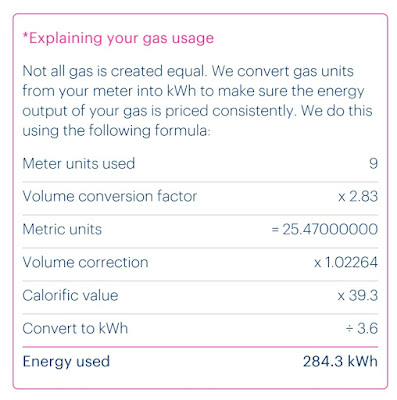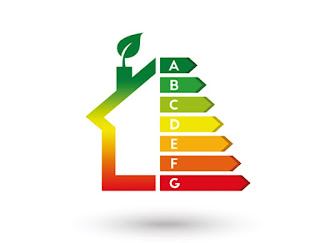Treat Acne Self-Care by Toni Cairns Abstract Distraxtions
Treating Acne Self-Care
Clean and dry your skin daily to twice daily
Most important thing to do is clean and dry your skin daily to twice daily. If you use face cleanser ensure it is oil free. By trying to keep your skin clean and dry, you will help to reduce excess oils and dirt.
Acne prone areas
Keeping yourself especially your face, shoulders, neck and hair clean and dry is important.
Machine washing face wash clothes and towels
Using clean face wash clothes and clean face towels is very important. To prevent the spread of bacteria and infection caused by acne, machine wash your face wash clothes and towels regularly. During breakouts it is best to only use a face wash cloth or face towel once, to avoid transferring bacterias back to your skin. Other times machine wash any material that touches acne prone skin every two to three days. Once your skin settles down you may decide to wash these less often.
Use clean face wash clothes and towels
Never use dirty wash clothes and towels.
Never use other people's wash clothes and towels.
Laundry detergents and fabric softeners
Many laundry detergents and fabric softeners contain ingredients and chemicals that may cause irritation and inflammation to people with sensitive skin. Be sure to use laundry products that have been dermatologically tested and so are suitable for use on sensitive skin. Biological detergents contain enzymes these are much tougher on removing dirt and grime from laundry, however these are also much tougher on your skin, so by selecting Non-biological detergents that are enzyme-free they are much gentler on your skin. And by selecting fragrance-free detergents you can be sure there are no additional oils, perfumes or chemicals used to cover up the scents of other ingredients.
Keep your bed linen clean especially pillowcases.
If your bedroom is too hot at night it will increase the amount of sweat and oils you lose from your body on to your pillowcase, these may well transfer back onto your skin the following night, it may be best to wash your pillowcase everyday during breakouts or flair ups, and at least every other day until your skin settles down.
Central heating
If your central heating is set too high you will sweat more, the standard recommended Central heating temperature is between 18-21°C. Bedrooms do not need to be above 18°C, and for some people they may choose a lower temperatures of between 16-18°C.
Air flow
Air circulation is a good thing to help keep your skin aired.
Shampoo hair regularly towel dry well
Oils from your hair may easily make their way on to your shoulders and face, excess oils are bad for acne. By decreasing the amount of oils in your hair it may reduce the amount of acne you have to deal with. Wash your hair regularly with shampoo, towel dry it well, and try not to let any shampoo get on to your neck, shoulders and face, or any other acne prone skin area.
What shampoo do you use?
Is it the right type of shampoo for your hair, for example if you have greasy hair then use a suitable shampoo. Is your hair products dermatologically tested and suitable for sensitive skin (see laundry detergents).
Shampoos designed for acne prone skin
There are a number of hair products on the market designed for people with acne prone skin, they often contain ingredients like tea tree, aloe vera, sulfur and salicylic. Avoid oil based hair products.
Find out more online at www.aad.org 'Are your hair care products causing breakouts?'
Noncomedogenic products
Noncomedogenic skincare, haircare and cosmetic products are formulated so as not to clog or block the pores of your skin.
Avoid wearing hats and headbands
Any material that rubs against your skin can cause irritation, and when your skin does not get enough air to breath, it causes something called 'occlusion' this is when an area becomes warm and moist, and this is an ideal environment for bacterias to breed and spread. Hats keep your head hotter causing your hair to become more oily more quickly, excess oils clog pores. Head and hair garments may also transfer hair products on to your skin, and or rub makeup products into your pores.
Clean clothes
During breakouts be sure to machine wash your clothes more regularly, worn articles of clothing harber dirt and grime from acne prone skin, that will transfer back on to the same areas if worn again increasing your levels of acne.
Avoid clothes with tight neck collars
Tops with any kind of tight neck collar are highly likely to rub and irritate skin, as are neck scarfs.
Use water based makeup
Avoid oil containing makeups, and instead use water based make up, and in all honesty if you are having a acne break out, then avoid using make up on your face altogether.
Remove makeup thoroughly every night before bed
Always remove makeup thoroughly before bed, else you will smear makeup on to your pillowcase, then rub this back in to your face clogging your pores. So if you wear makeup remove it thoroughly with a water based cleanser every night before bed and machine wash your pillowcase every day.
Do not touch your face
Avoid picking and squeezing spots it spreads oils, bacterias and infections that cause new spots to quickly appear.
Squeezing spots!
If you really have to squeeze a spot that is sore to relieve the irritation, then ensure your hands are clean, and then wash and dry your face carefully when you have finished, this will reduce the chances of spreading bacteria around. Consider applying a suitable skincare product to the area that may contains tea tree, witch hazel or some other type of anti bacterial ingredient.




Comments
Post a Comment